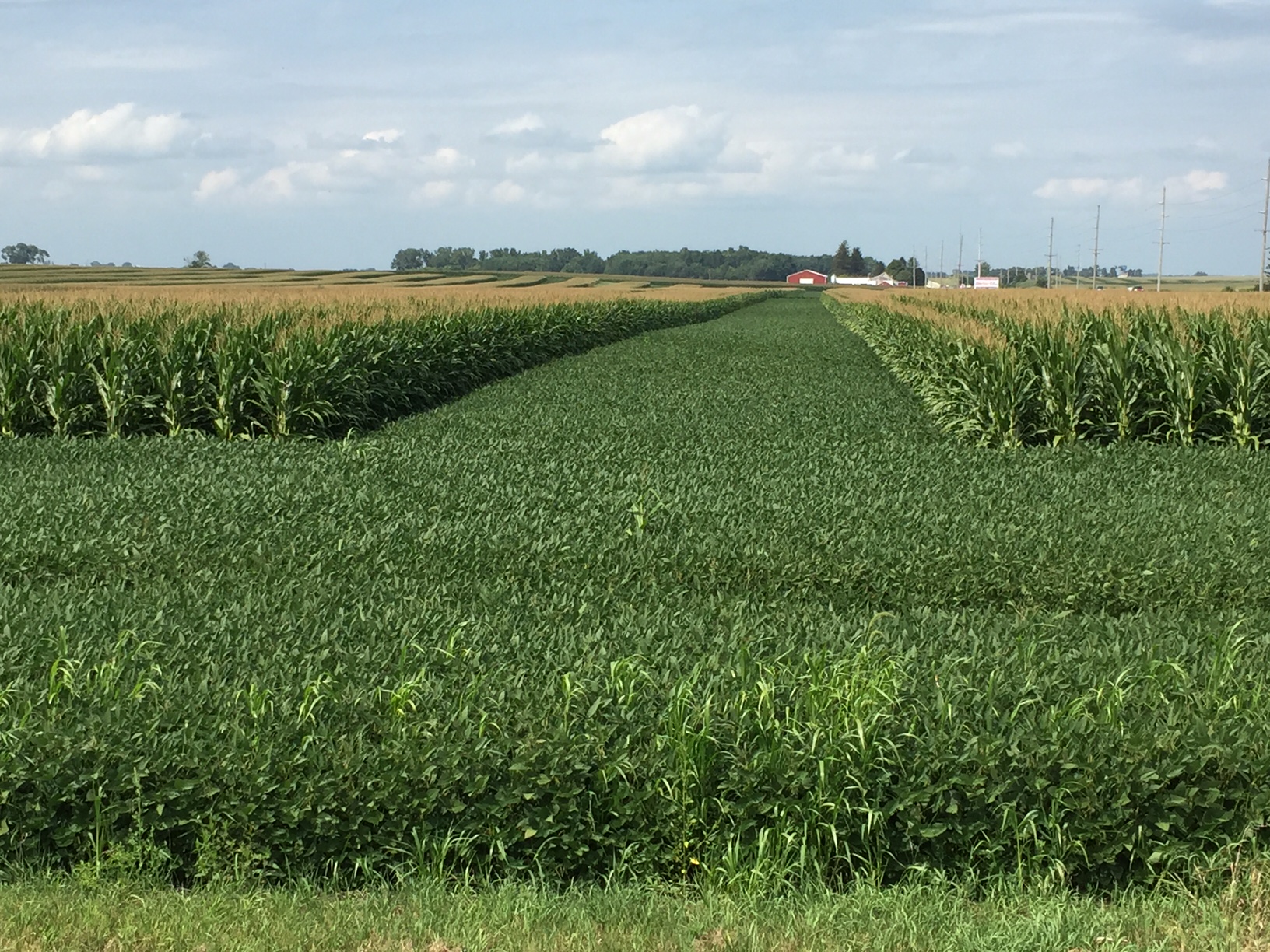The goal of our soil health projects is to evaluate soil and crop management for impacts on soil productivity and health and to advance more beneficial practices for maintaining or improving soil health and environmental quality. As a result, several multidisciplinary field projects, both completed and ongoing, have yielded considerable valuable information that have important implications for both agricultural production and soil health. We will continually update this site with relevant information that can be useful to a broad range of practitioners.
- Mitigation of Potential Adverse Effects of Transgenic Crop Production for Long-Term Improvement of Soil Health
See quick overview of project in SummaryBrochure
Conducted during 2018-2019 on-farm with project collaborator and landowner/farmer, Mike Osweiler, yielded new information for farmers and landowners contemplating transition from commodity crop production based on transgenic (GMO) crops to non-GMO or conventional crop varieties. The project was funded by NCR-SARE Farmer Rancher Grant program and is described under the “Projects” page. General project information is given below:
- Objectives
- Monitor glyphosate/AMPA residues in soils
- Monitor crop performance of corn-soybean rotations (tissue nutrient contents, N response and leaf chlorophyll, and grain yield)
- Monitor glyphosate soil health indicators during transition to establish baselines for improvement of soil using ecologically sound soil and crop management
- This website will serve as the outreach component of a NCR-SARE Farmer Rancher Grant
- Information will be relevant over the next 4-5 years or however long farmers continue using Roundup on their fields; the results from this study are unique for tracking herbicide glyphosate in soils that farmers need to be aware of, thus must be available publicly
- Primary audience includes farmers, landowners, extension agents, federal govt personnel such as NRCS, and state agencies

